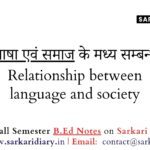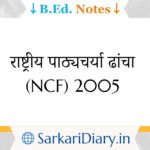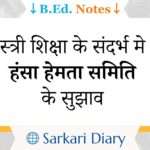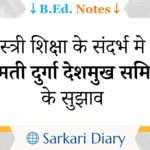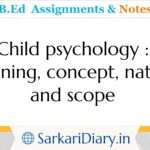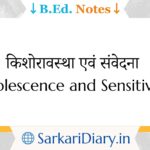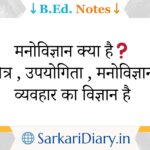• South Africa is a country where people of many species live like white, black and whose skin color is dark like Indians.
• The African National Congress and their well-known leader Nelson Mandela (Father of the Nation) fought for a long time against apartheid.
• He finally succeeded in 1994 and South Africa became a democratic country. Since then people of all races were treated as equals.
Participation In Democracy
• People play an important role in participation in democracy. They choose their representatives by voting in the elections. These representatives take decisions on behalf of the people.
• The term of government elected by the people in India is 5 years. There are other methods of participation such as protest, agitation, protest according to work, strike, signature, campaign etc.
• Newspapers, television and magazines also play an important role in discussing the issue related to the public and the responsibilities of the government.
• If the people of the country are aware and take interest about how the country is run. So it strengthens the democratic form of the government of the country even more.
Democracy and Participation
What is a democratic country?
A democratic country is where the major decisions that affect society are made by the people, whether directly or indirectly. Each person has an equal right to make their opinion count. The more popular consent or agreement oma policy, law, representativeer government, the more Cleanmate” it is.
What is democracy? Democracy means “rule by the people.” Democracy is based on two values:
1) POLITICAL PARTICIPATION- where key decisions are made by the people, reflecting the notion of government by the people. In this context, the “participants” are the electorate.
2) POLITICAL EQUAMTY- where each citizen is free and has an equal opportunity to inte political decisions
Resolution Of Disputes
• Violence is sometimes used to resolve disputes or problems.
• Controversy arises when people from different cultures, religions, regions and economic backgrounds do not harmonize with each other.
• When some people feel that they are being discriminated against and to end those disputes, people also adopt violent methods, which spreads a sense of fear and insecurity among other people.
• It is the responsibility of the government to resolve disputes. In this, first of all, it is the responsibility of the police that the situation of conflict does not arise among themselves, violence should not be provoked.
• Sometimes rivers also cause conflicts. Just like a few years ago, there was talk of Cauvery water between Karnataka and Tamil Nadu.
• The water filled in Krishnarajasagar Dam in Karnataka meets the needs of other districts along with Bangalore and the water from the same river filled in Mettur Dam in Tamil Nadu irrigates the delta region of the state.
• The Krishnarajasagar Dam in Karnataka is on the upper end of the river Kaveri and the Mentur Dam in Tamil Nadu is on the lower end of the river.
• Water can be filled in Mentur dam only when water is released from Krishnarajasagar dam.
Equality and Justice:-
• equality means having an equal position for everyone whereas justice means the quality of
being just, righteous or fair in every aspect.
• Justice and equality cannot be separated from each other. This is the job of the government.
• The practice of untouchability i.e. untouchability has now been banned by law.
• For a long time, the Dalit people were kept deprived of the facilities of education, health and transport.
• Justice can be achieved only when all people are treated equally.
• Provision was made to eliminate or reduce the fees of girls in government schools and colleges so that girls can also move forward.
